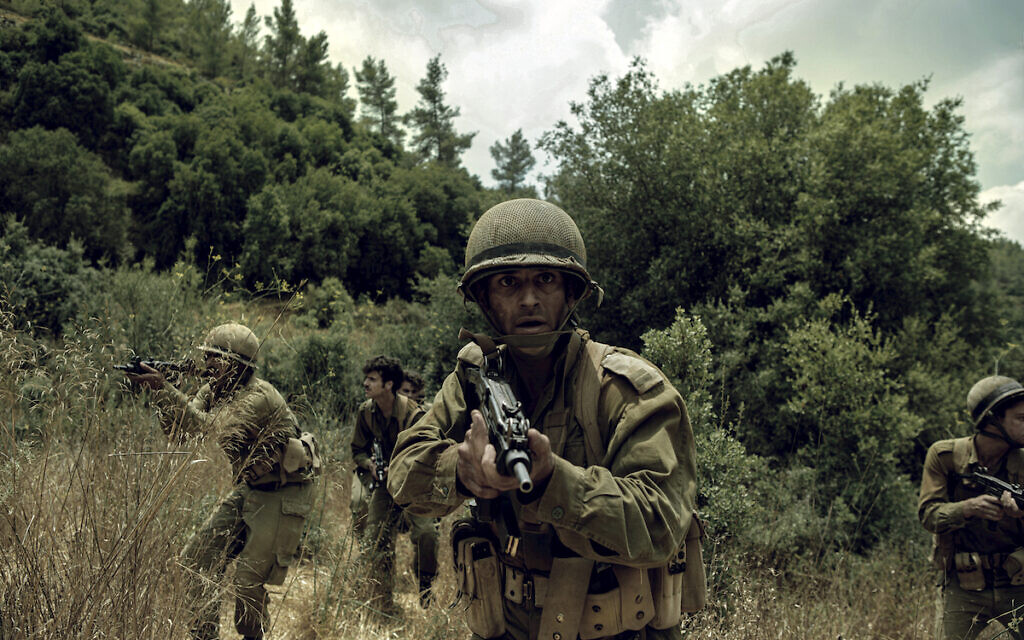Life Magazine: Meet the creators of Israel’s biggest ever TV drama
Francine Wolfisz speaks to the makers of Valley of Tears, Amit Cohen and Ron Leshem, about the landmark series 50 years after the conflict
On 6 October 1973, one young Israeli intelligence analyst sprinted hastily towards his bunker to raise the alarm that war was coming – but no one in his troop would believe him.
“They told him it might seem like it, but war wasn’t going to happen – and it was at that exact moment Egyptian fighter jets starting bombing,” recalls screenwriter Amit Cohen of his father’s harrowing experience in the Sinai Peninsula during the Yom Kippur War.
“His friend was sleeping outside that night and was killed. This is how the war began.”
Get The Jewish News Daily Edition by email and never miss our top stories Free Sign Up
Nearly 50 years on, Cohen and co-writer Ron Leshem have drawn on this and similarly painful memories of war that left Israel scarred and traumatised in their epic 10-part drama, Valley of Tears.
Billed as Israel’s biggest budget television production, the series has been making waves after premiering on the country’s KAN channel last month, as well as in the US on HBO Max, with hopes a global distribution deal will eventually bring it over to the UK.
Directed by Yaron Zilberman, Valley of Tears is inspired by the real-life events of the three-week battle, when Egyptian and Syrian forces coordinated a surprise attack on Israel starting on the holiest day in the Jewish calendar.
The heavyweight cast includes Foxtrot actor Lior Ashkenazi as a famous bohemian television star searching for his estranged son on the frontline,
as well as Beauty and the Baker’s Aviv Alush and Shtisel star Maor Schwitzer as members of a beleaguered tank unit.
Speaking during a joint Zoom chat with Cohen from his Los Angeles home, Leshem – the co-creator of HBO series Euphoria and also a bestselling author – explains why the pair chose now to drama-tise the events of a war from almost five decades ago.
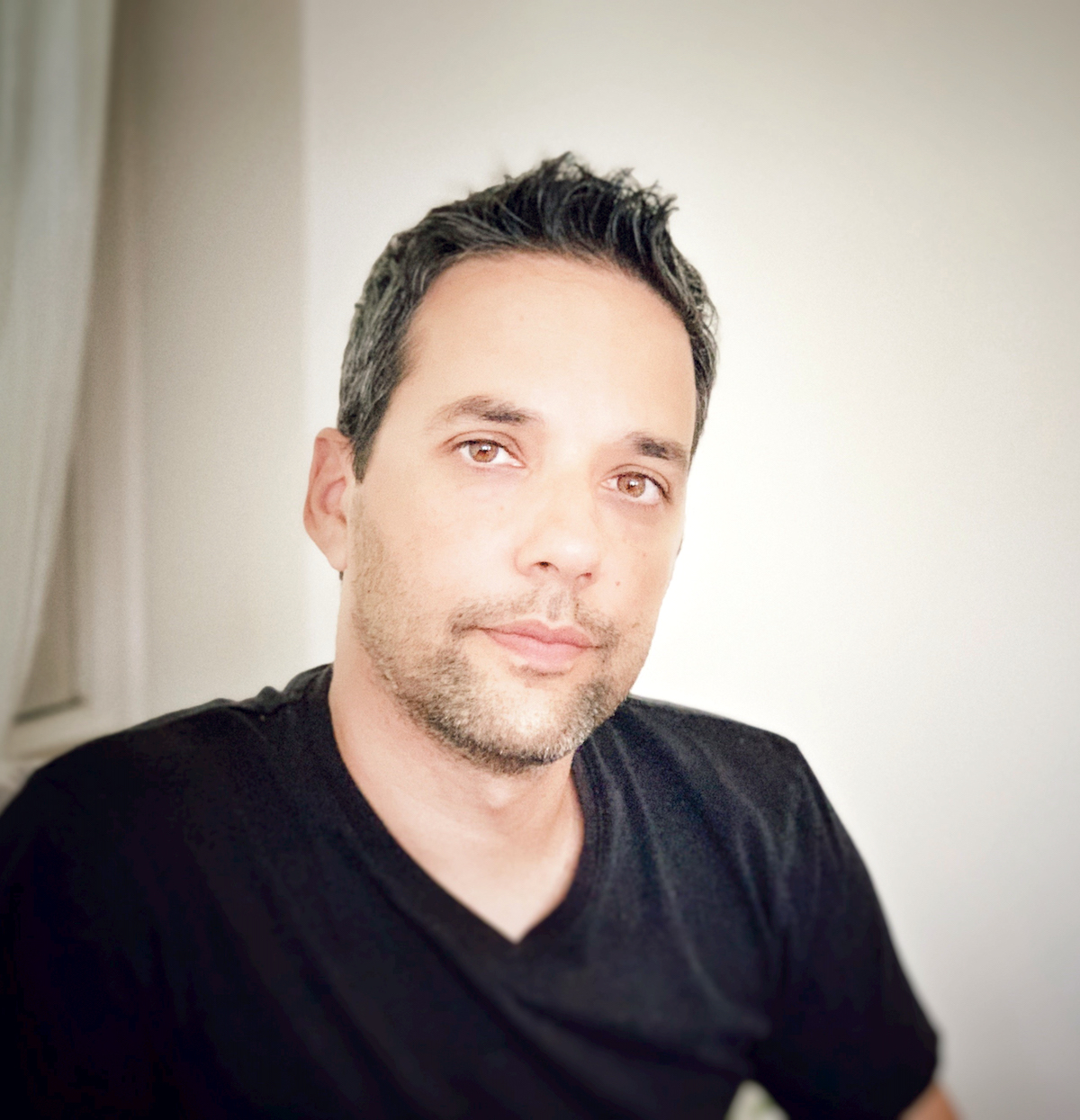
“This was a moment when Israel not only faced destruction, but was also when the first Israel died and a new Israel was born,” he tells me. “One of the testimonies we read was of a young officer who was talking to his platoon after the most horrific battle.
“He told them: ‘We have made so many mistakes and we were so blind to many things, but one thing I can assure you is that after this war we’re going to be a better country, better people and a better society.’
“We wanted to check if we are fulfilling this thing we promised ourselves back in 1973.”
Among the ‘mistakes’ Leshem refers to were the higher-ranking officers who dismissed intelligence warnings that war was imminent and the “arrogance” of Israeli leaders who believed, having led the country to jubilance in the Six-Day War, that victory was again well within their grasp.
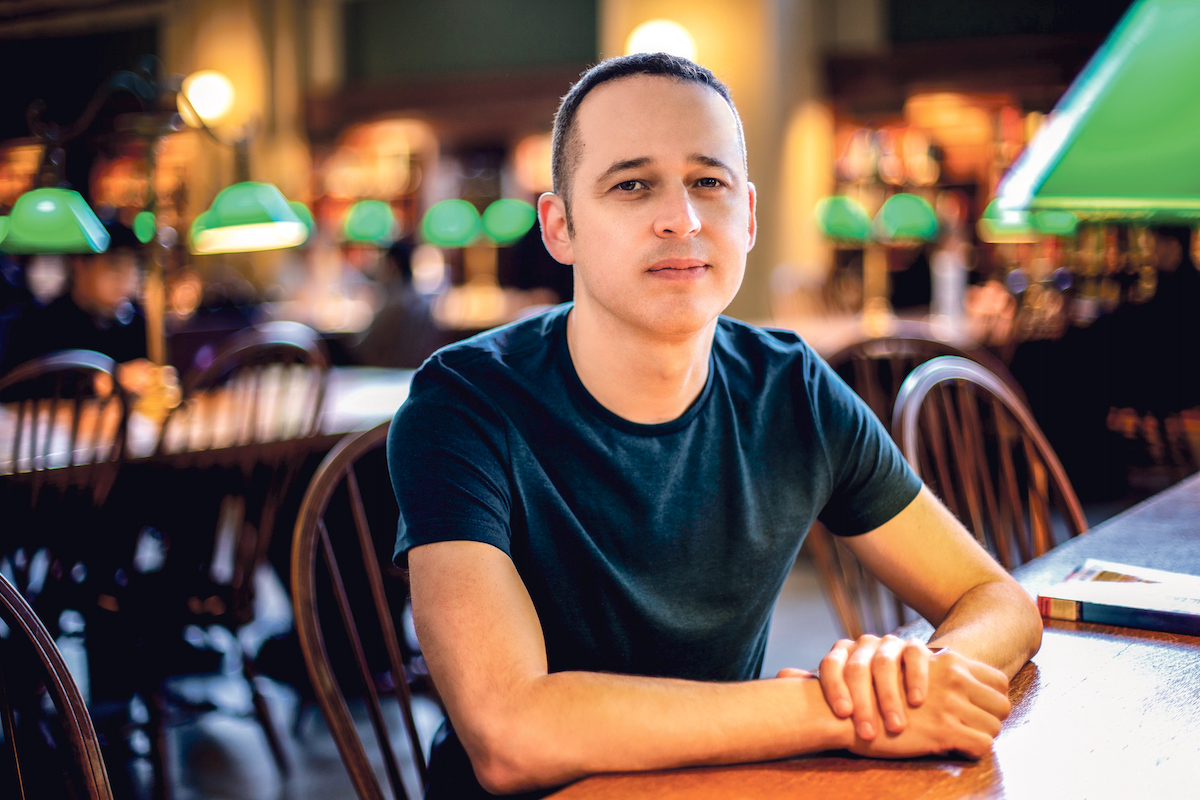
In fact, the Yom Kippur War would prove a very different experience, with more than triple the deaths and more than double the casualties suffered in 1967.
Deaths and casualties that could have been fewer, had analysts such as Cohen’s father – or the Valley of Tears character he inspired, Avinoam (played by Shahar Taboch) – been listened to.
“In fact, there were a few Avinoams who were trying to say we are blind, we are wrong, a disaster is coming, but no one heard them,” adds Cohen, who co-created Israeli thriller series, False Flag.
“You can relate the same situation today for climate change or the collapse of democracy, warning signs that are there, but instead you choose to blindly trust your leaders. And yet you are wrong.”
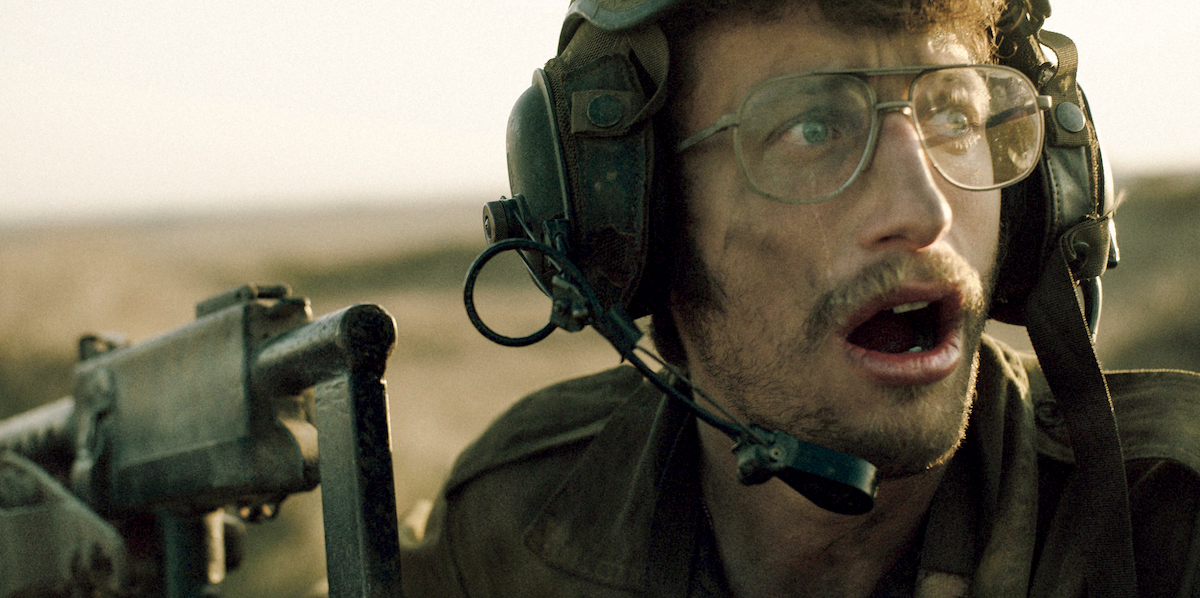
Speaking of ‘Avinoams’, it was while serving as wire tappers in the 8200 Intelligence Unit where Cohen and Leshem met 25 years ago – an experience he credits with sparking his love for writing.
“It was here that we learnt to create drama and dig into people’s lives,” smiles Leshem. “When you tap into the phone lines, you hear what a person says to others, but also what others are saying about him behind his back. You learn more about the person than he knows himself.”
Having honed their craft together over many years, Leshem and Cohen joined forces for Valley of Tears, a project that proved to be epic
in many ways – and not just in its significant budget, which reportedly stretched to an eye-watering $1million per episode.
It was an entire decade in the making, required meticulous research – “we knew everything that happened minute by minute, every general’s position, every movement made by the other side” – and became the first Israeli drama to employ CGI and visual effects to create the realistic scenescape of war.
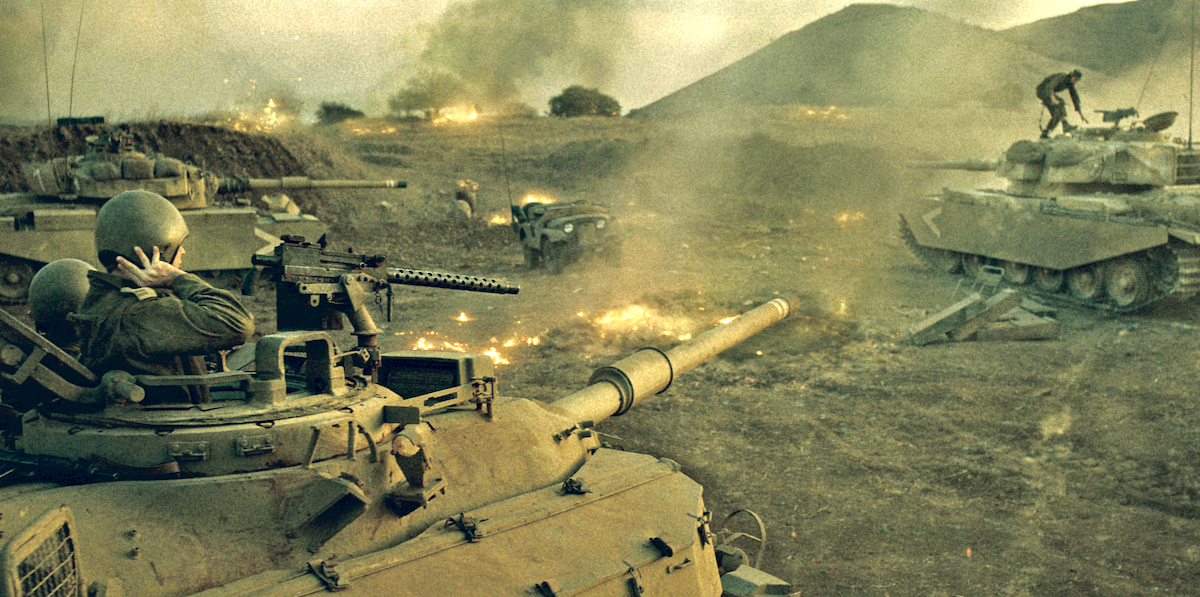
There were also the epic challenges. One was having to cease filming for three weeks while on location close to the Syrian border in the Golan Heights “because missiles and rockets were being shot at our crews”.
The other was sourcing authentic tanks used in the Yom Kippur War – and while they successfully found American collectors willing to sell them for $120,000, as Leshem discovered, “it wasn’t possible, because legally you are not allowed to bring a tank into Israel”.
A solution to their problem was finally found when they “just took a handful of tanks from the museums and built engines into them,” while the rest of the fleet were created by some clever computer-generated graphics.
After airing in Israel and the US, the drama has garnered a wealth of positive reviews and high viewing figures, but Cohen and Leshem’s
real sense of achievement comes from the healing impact that Valley of Tears has made on its audience.
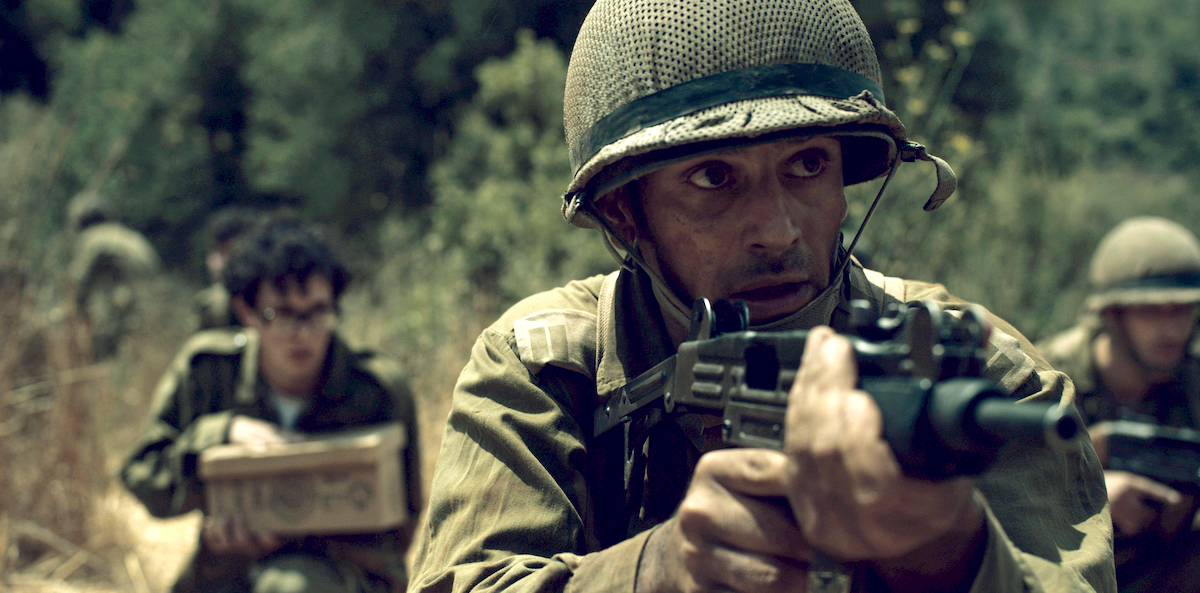
Leshem, whose accountant father had never held a gun before being sent to the artillery corps during the Yom Kippur War, smiles as he tells me: “The show broke all rating records for a public broadcaster, but what made us really proud was the reaction on social media and young people describing how, for the first time, they’re seeing their mothers, their fathers, their grandparents cry and telling their stories for the first time.”
Cohen adds: “Every year there are new documentaries about the Yom Kippur War, but nothing has had the impact this show has had on Israeli society.”

Thank you for helping to make Jewish News the leading source of news and opinion for the UK Jewish community. Today we're asking for your invaluable help to continue putting our community first in everything we do.
For as little as £5 a month you can help sustain the vital work we do in celebrating and standing up for Jewish life in Britain.
Jewish News holds our community together and keeps us connected. Like a synagogue, it’s where people turn to feel part of something bigger. It also proudly shows the rest of Britain the vibrancy and rich culture of modern Jewish life.
You can make a quick and easy one-off or monthly contribution of £5, £10, £20 or any other sum you’re comfortable with.
100% of your donation will help us continue celebrating our community, in all its dynamic diversity...
Engaging
Being a community platform means so much more than producing a newspaper and website. One of our proudest roles is media partnering with our invaluable charities to amplify the outstanding work they do to help us all.
Celebrating
There’s no shortage of oys in the world but Jewish News takes every opportunity to celebrate the joys too, through projects like Night of Heroes, 40 Under 40 and other compelling countdowns that make the community kvell with pride.
Pioneering
In the first collaboration between media outlets from different faiths, Jewish News worked with British Muslim TV and Church Times to produce a list of young activists leading the way on interfaith understanding.
Campaigning
Royal Mail issued a stamp honouring Holocaust hero Sir Nicholas Winton after a Jewish News campaign attracted more than 100,000 backers. Jewish Newsalso produces special editions of the paper highlighting pressing issues including mental health and Holocaust remembrance.
Easy access
In an age when news is readily accessible, Jewish News provides high-quality content free online and offline, removing any financial barriers to connecting people.
Voice of our community to wider society
The Jewish News team regularly appears on TV, radio and on the pages of the national press to comment on stories about the Jewish community. Easy access to the paper on the streets of London also means Jewish News provides an invaluable window into the community for the country at large.
We hope you agree all this is worth preserving.
-
By Brigit Grant
-
By Laurent Vaughan - Senior Associate (Bishop & Sewell Solicitors)
-
By Laurent Vaughan - Senior Associate (Bishop & Sewell Solicitors)
-
By Laurent Vaughan - Senior Associate (Bishop & Sewell Solicitors)
-
By Laurent Vaughan - Senior Associate (Bishop & Sewell Solicitors)


